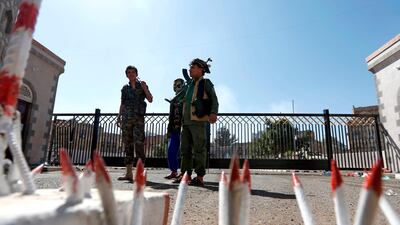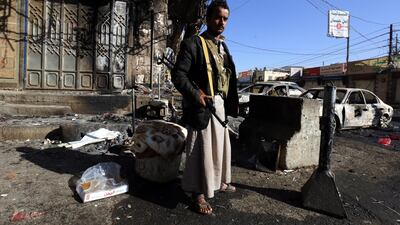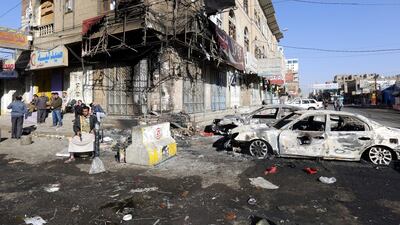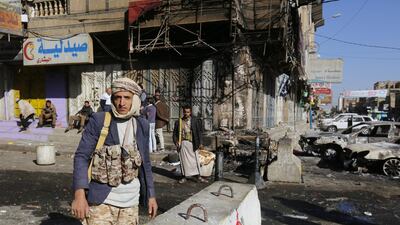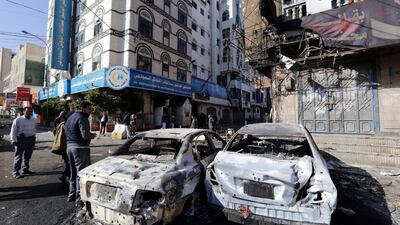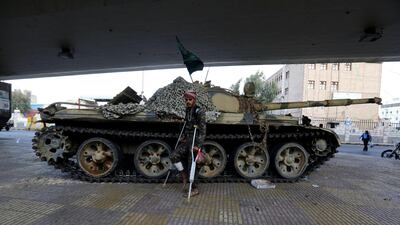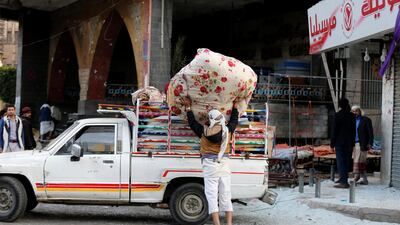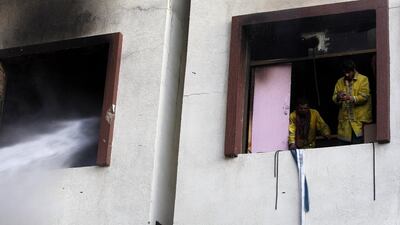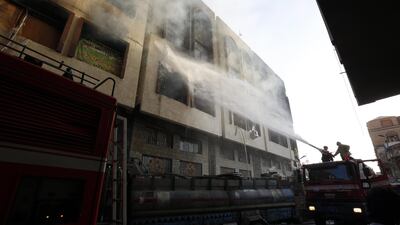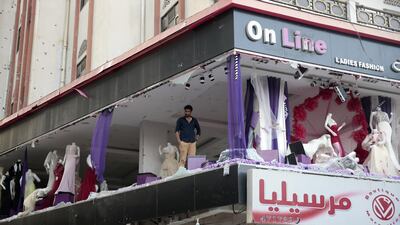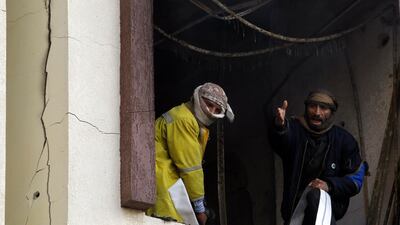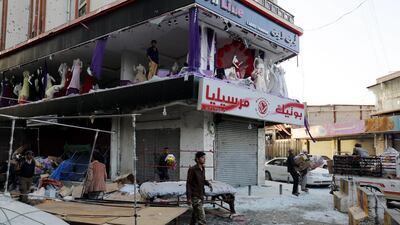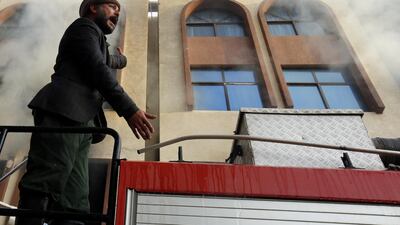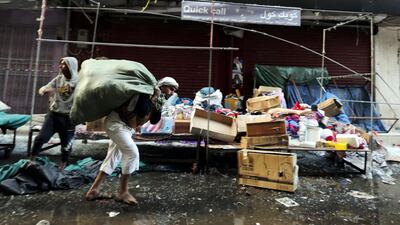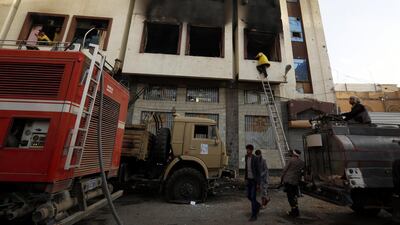The events of the past week and most crucially the assassination of former president Ali Abdullah Saleh, are of momentous significance for Yemen and are sure to have lasting impact for the foreseeable future.
The strongman of Yemen was allegedly killed by members of the Houthi forces, the longtime enemies with whom he forged an alliance for the sake of expediency.
In his now most famous utterance, Saleh compared ruling Yemen to dancing on the heads of snakes. His 34-year rule over the country was marked by consolidating power centrally around his inner circle, and an extensive and intricate patronage network. The personal wealth and power that he amassed remained in a few hands, leaving Yemen the most under-developed country in the region. The 2011 Arab Spring protests in Yemen and subsequent National Dialogue Conference offered new hope for the country that has all but faded from memory under the current conflict which began officially in March 2015.
__________
Read more:
Ali Abdullah Saleh: Yemen's power-hungry leader who couldn't let go
Yemen's president orders advance on Sanaa as predecessor killed
Analysis: Saleh's death deeply complicates efforts to resolve Yemen war
__________
Since then, the country has descended into one of the world’s worst humanitarian disasters. It is amid this backdrop that the death of Saleh is bound to have significant implications for a number of ongoing concerns in Yemen.
There are important questions about what will happen to the troops loyal to Saleh, and the considerable weaponry and resources they hold. Finding a common enemy, the Houthis and forces loyal to Saleh allied in March 2015 against the Saudi-led coalition that rallied to support the internationally-recognized President Abdrabu Mansur Hadi. The confrontations that erupted around Sanaa last week, killing dozens and injuring hundreds more, between Houthi forces and those aligned to Saleh suggest this partnership had run its course. The future status of this relationship will be crucial to the resources the Houthis can access and - should those no longer be available to them - how and from where they will seek new resources.
While early Iranian involvement in Yemen was minimal at first, the coalition has grown increasingly concerned about the level of support Iran is giving the Houthis in terms of materiel and in other ways. Iran may perceive the death of Saleh as an opportunity to further expand their relationship with the Houthis. But however Iranian support for the Houthis evolves, it will have important implications for a number of regional actors and tensions.
The Saudi-led coalition has also been facing a stalemate in the country, with neither they nor the Houthis making significant military gains. The death of Saleh and recent infighting between his forces and the Houthis may be perceived as an opportunity to try and alter this balance, particularly in Sanaa, the focal point of these Saleh-Houthi clashes. How the coalition responds to this fissure will be a critical point of focus particularly in the coming days.
Al-Qaeda in the Arabian Peninsula (AQAP) has been a concern in Yemen since its establishment in 2009 (and in its various incarnations prior to that). In periods of flux and uncertainty, AQAP has often sought to capitalize on the chaos in the country. While US and coalition forces have continued to target AQAP as well as ISIL personnel and training locations in the country, it remains to be seen if and how these groups will exploit the instability and uncertainty that may arise in the short and medium term.
The 27 million citizens of Yemen have borne the heaviest burden during the decades of rule under Saleh and a war that since 2015 has only pushed many to the brink. Yemen is currently in contention for the unenviable position of the world’s worst humanitarian disaster. Currently, 21 million civilians are in need of some form of humanitarian aid and seven million are on the brink of famine. Yemen has also recently reached the highest recorded number of cholera cases in the world, more than 900,000.
Whether instability in the country prevails from new rounds of in-fighting and power grabs (particularly in Sanaa), or whether there are changes to the blockade which was imposed to try and stem the flow of arms into Houthi hands (and which has had a profound impact on goods reaching the people of Yemen), it is likely that civilians will continue to bear the brunt of these shifts.
In Yemen right now- and for the foreseeable future — the only certainty is that there is no certainty.
Joana Cook is senior research fellow at the International Centre for the Study of Radicalisation and Political Violence at the Department of War Studies, King's College, London
